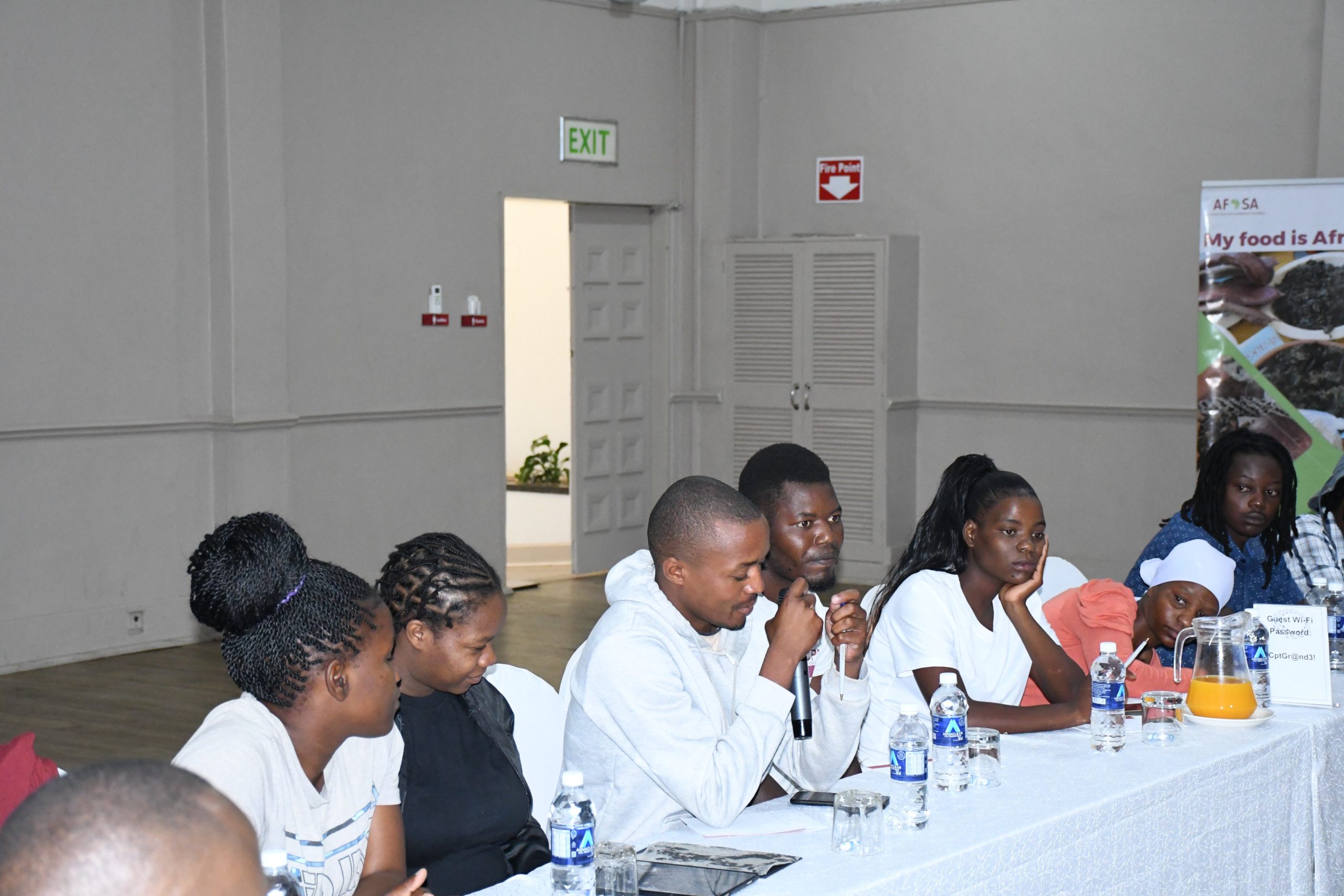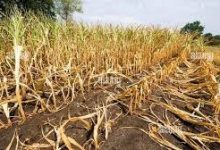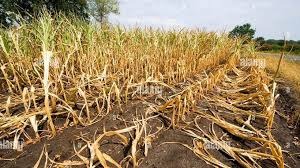Youth Spearhead Agro-Ecological Movement for Climate Resilience in Zimbabwe

By Staff Reporter
The Young Volunteers for the Environment (YVE) in collaboration with Participatory Ecological Land Use Management (PELUM) Zimbabwe, the imperative role of youth in combating climate change through agro-ecology took center stage at a symposium held in Harare, Friday.
Under the theme “Youth Empowerment for Climate Justice in Zimbabwe: Harnessing the Power of Agro-ecology for Climate Resilience in Zimbabwe during the El Nino season and beyond,” stakeholders underlined the pivotal role of engaging and empowering young people in promoting sustainable farming practices.
Zimbabwe, like many nations, faces the harsh realities of climate change, despite contributing minimally to global greenhouse gas emissions. Recent cyclones and the ongoing El Niño underscore the urgency of addressing climate-related challenges, particularly in rural communities reliant on agriculture for sustenance.
During the symposium, youth farmers voiced concerns about the changing weather patterns impacting agricultural productivity and livelihoods.
“Jobs in agriculture are affected. Other companies use farm produce like maize as raw materials. Livestock like chickens experience heat stress. This leads to lower production. Cattle die. We need agroecological practices to guard against these challenges,” said Chengeto Muzira, a farmer from Mutoko Mutoko
Odilo Linzi, the Founder, and Director of Orleans Waste Management and Services said agroecology allows youth to prepare for the eventualities brought about by climate change.
“In the face of climate change, there is a need for innovations against post-harvest losses. Having food processors can offset food waste and loss by drying fruits like mangoes and bananas using solar dryers,” Linzi said.
Melissa Takudzwa Murwira, the Executive Director of Young Volunteers for the Environment called for for inclusive decision-making processes that incorporate youth perspectives and ensure equitable access to land and resources.
“There is a need to be on the ground to have first-hand information. Involve young people in decision-making. There is a need for meaningful and active participation by making sure youth voices are incorporated into the legal framework and in budgeting. Land ownership is a challenge among the youth. A smaller percentage of the youth benefitted from the land reform programme. There should be a quota for women and youth,” said Murwira.





